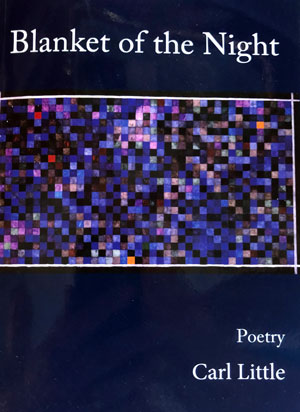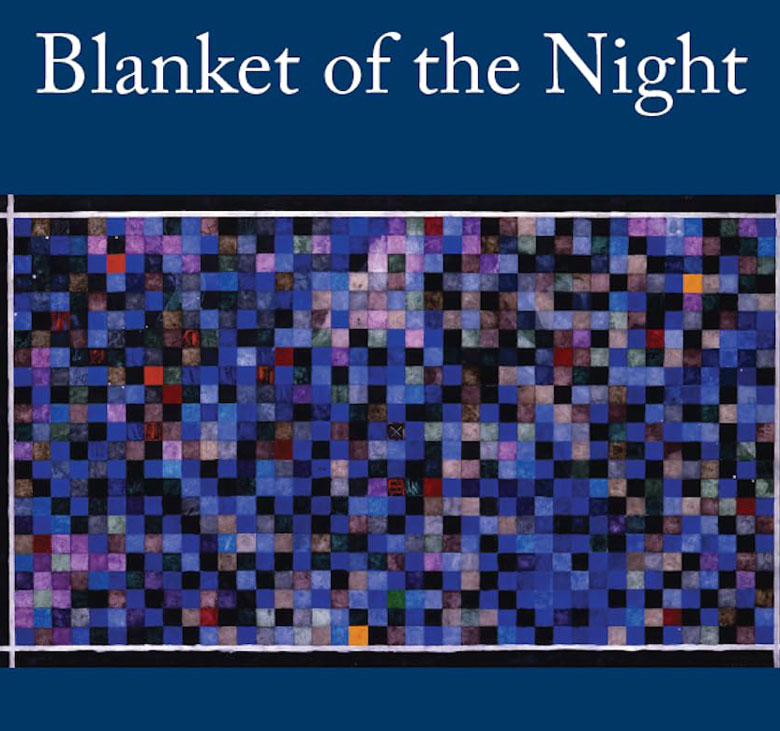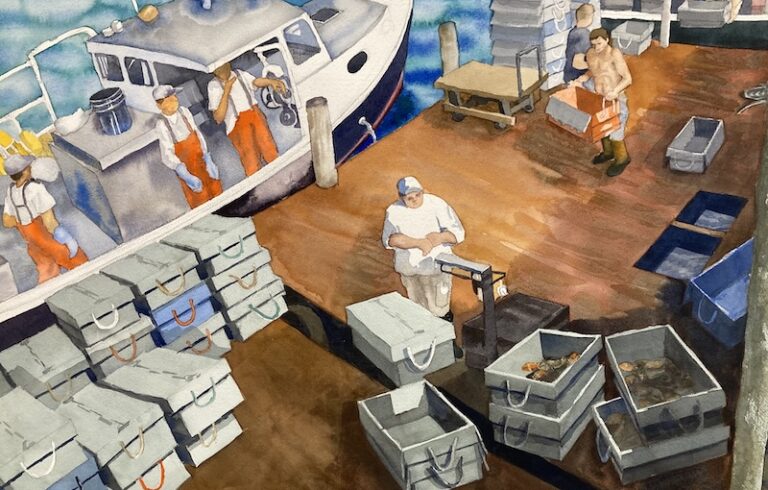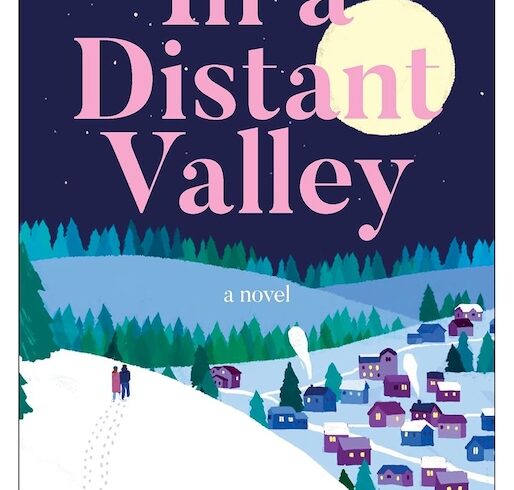Blanket of the Night: Poems By Carl Little
Deerbrook Editions (2024)
It may well be that no one in Maine knows the state’s visual arts, artists, and history better than Carl Little. At very least, he is one of its best-known critics and historians, and brings to the task a learned and sensitive aesthetic eye which some of his readers may not know formed while writing poetry.
It’s on display in his third collection of poems, Blanket of the Night.
The striking thing about these poems is their down-to-earth, conversational atmosphere, couched nonetheless in precise diction and tightly made speech rhythms heightened into the music of poetry. His subjects come mainly from his immediate surroundings: home and family; the Mount Desert Island woods; recollections of amusing and troubling past incidents and people; an Ellsworth shopping center; his computer screen; and, prominently, art.
It is all given with warm good humor, even in its turbulent moments. I laughed out loud at “Clickbait,” which parodies internet advertising headlines:
“Places you should visit before they / catch on fire. /
Secrets to living / a shorter life. / Amazing animals that should be / extinct.”
Even a recollection of a funeral scene can be expressed with subtle wryness: “Resting Face” recalls “Auntie in a casket, wearing /
glasses she never wore alive.”
“Once a deer leapt
through Auntie’s windshield—
she survived.
Another time she took a bite
of mom’s shepherd’s pie
hot from the oven and
went face down in her plate.
We thought she’d died,
but she lived a lot longer”
Appropriately to the tenor of the whole collection, there is a whole section here of poems about his mother, from his childhood to her declining years, all evincing a sense of deep, authentic appreciation.

One looks forgivingly and fondly on her “other family” in the M*A*S*H* television show. “Chocolate Pudding Story” recounts her recounting of his brother’s wayward deposit of a pocketful of earthworms into a pudding—“I listen for the hundredth time with pleasure.” What has oft been thought, but ne’er so well-expressed.
Crisis, humor, and appreciation: “Son Number Two” briefly and concisely narrates an incident from childhood in which his mother, tanning on a beach with her top off, sees her younger son careening toward the water and has to make up her mind whether to tie on her top or save the toddler. She runs to the water bare, while onlookers “wonder.”
The alarm ends on the tone of appreciative love that arises from practically all of these poems:
“Comfort comes with warmth of mother’s body
and learning she loved son number two.”
It turns out “appreciation” is probably the key descriptive word to cover the whole book. The “My Mother the Car” section transitions to a section of ekphrastic poems—poems appreciating and riffing on works of art, the poet’s forte.
The title poem describes the nightsky-scape of a painting by Solon artist Abby Shahn, and ends on an image of spectacular affection:
“… Pull night
over your shoulders, tuck
corners around your knees,
sleep deeply among folds
of galaxies.”
So deep is the appreciation of the poet for the painting, that you feel like these lines could be from one of the poems about his mother.
Or about his wife, whom he also adores in several poems. “Making the Bed,” for one example, contains imagery that I imagine is unaccidentally similar to the blanket of the night.
He describes taking his turn doing the age-old, demanding-in-the-details chore and finds the whole experience, after a lifetime, is gorgeous:
“Lucky duck, / I say, with no one else in the room, / to witness my hands lingering / where her warmth remains.”
Blanket of the Night is a book of masterfully expressed appreciations of life in all its twists, turns, tragedies, and totalities. We come away deeply appreciating the art of the appreciator.
Carl Little’s other collections of poetry are Ocean Drinker (2006) and 3,000 Dreams Explained (1992).
Dana Wilde is former English professor and newspaper editor who often writes about nature. He lives in Troy.





